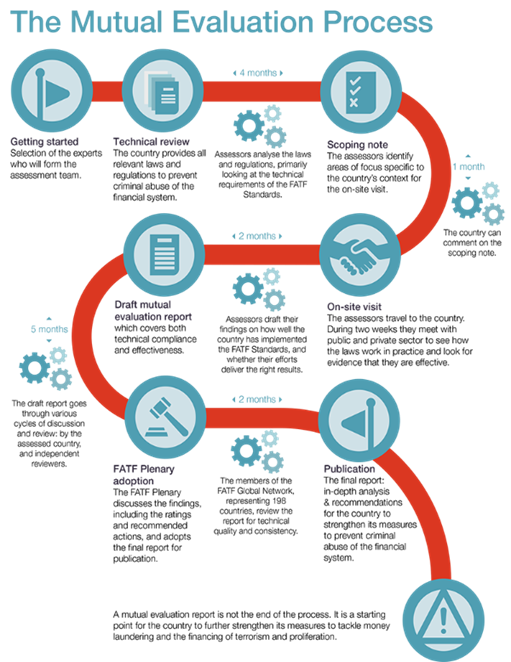Free Courses Sale ends Soon, Get It Now


Free Courses Sale ends Soon, Get It Now



Disclaimer: Copyright infringement not intended.
Context:
What is the FATF?
Establishment
Members and meetings
Mandate
What are FATF’s ‘grey’ and ‘black’ lists?
Grey List
Black List

https://epaper.thehindu.com/Home/ShareArticle?OrgId=G49AE3BMO.1&imageview=0
© 2024 iasgyan. All right reserved